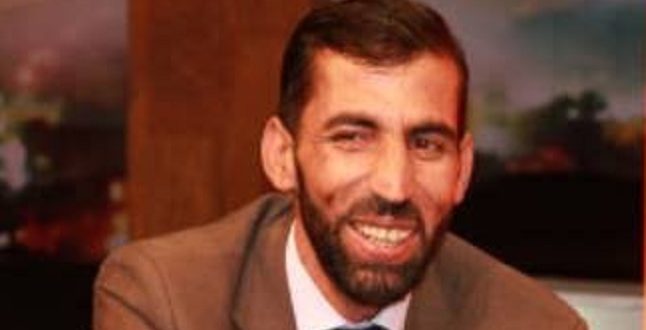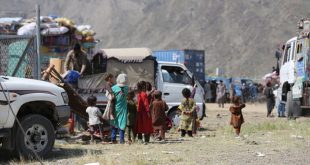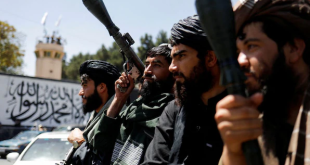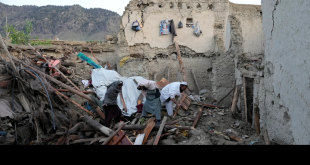AT News
KABUL: While Afghanistan’s cinema is in a state of restoration, the country has lost its two prominent cinema actors – a TV show comedian, Asif Ahmad Jalali and a Radio program comedian, Assadullah Tajzai – both have been famous nationwide for their comedic shows and programs and as well as movies. Jalali was born in southeastern Logar province and died at age of 50 in a heart attack in Kabul. He has started his cinema career nearly about two and a half decades back – when the Mujahideen was ruling the country. Jalali has worked in several comedic series and movies during the past two decades after the Taliban regime collapsed at a time when the Afghan cinema has taken barely breathe to survive. Afghans have expressed deepest sympathies and regrets about the death of Jalali and many of them have called his death a great lost. On the same day, reports were published about the death of another cinema artist, Assadullah Tajzai, who lost his life due to Asthma at age of 78th. He was working as a radio artist for 22 years in a well-known series “Nawi Koor Nawi Zwand” published by BBC Pashto Radio. Tajzai was buried in Bala-e-Hisar hill, located in capital city of Kabul – after a round of funeral ceremony. “Unfortunately, Afghanistan has lost two cinema artists yesterday (Tuesday) and today (Wednesday),” said Sahra Karimi, head of the Afghanistan film department. Through years of longest war, the Afghan cinema has been severally damaged as the cinema artists have fled conflicts and migrated to foreign countries. The cinema was halted completely during Taliban rule as it was in contrast with the Islamic regulation. But after their regime collapsed, Afghanistan cinema did not end its low progress as most of the cinema artist was living outside the country. However, few of them returned home and restarted their career in a bid to develop the Afghan cinema and its activities. Challenges that cinema is facing now is that our film industries are lack of enough budget and experienced artists. In addition to that, due to ongoing war, government has been kind of obliged to pay more attention to the war and military rather than paying attention.
 Afghanistan Times
Afghanistan Times




